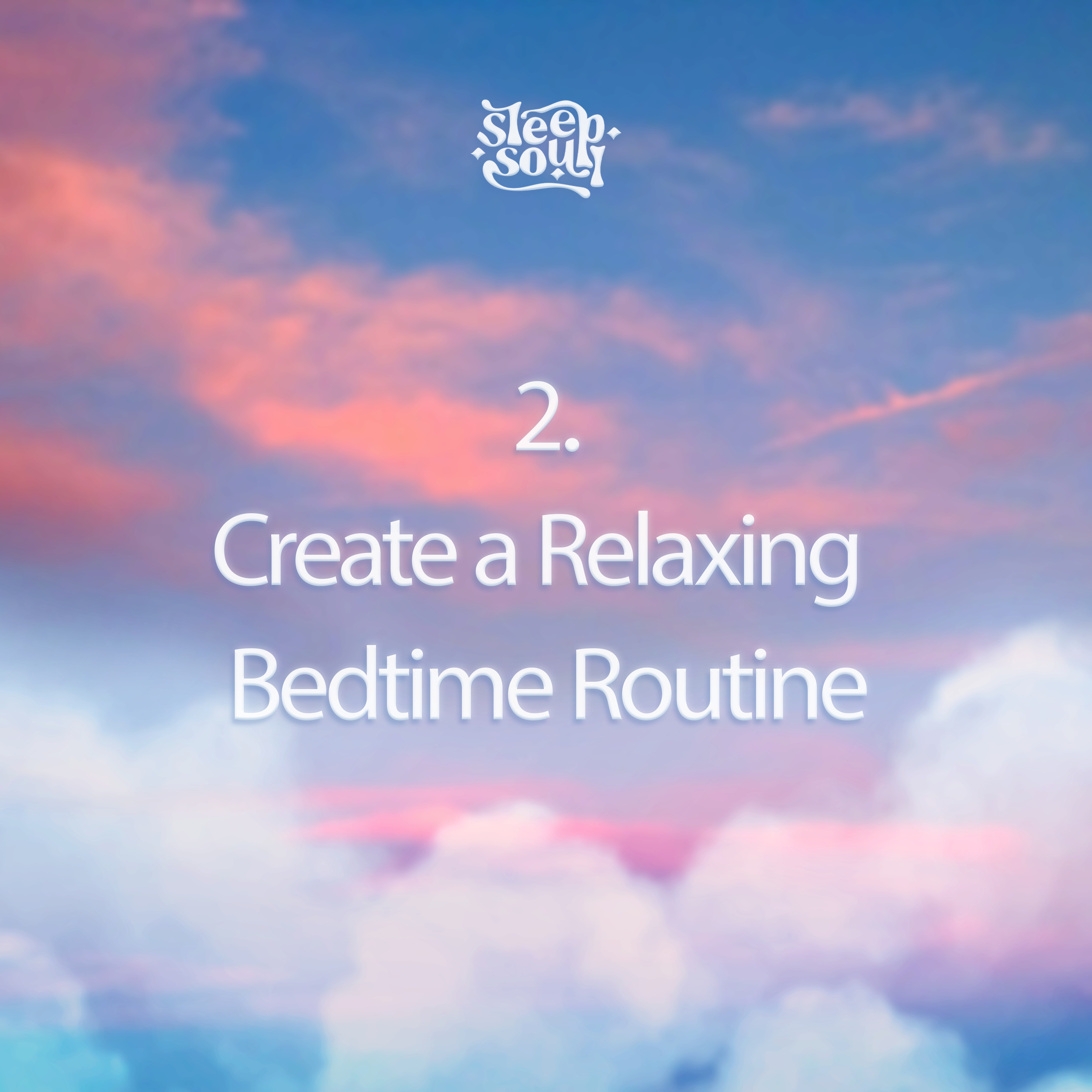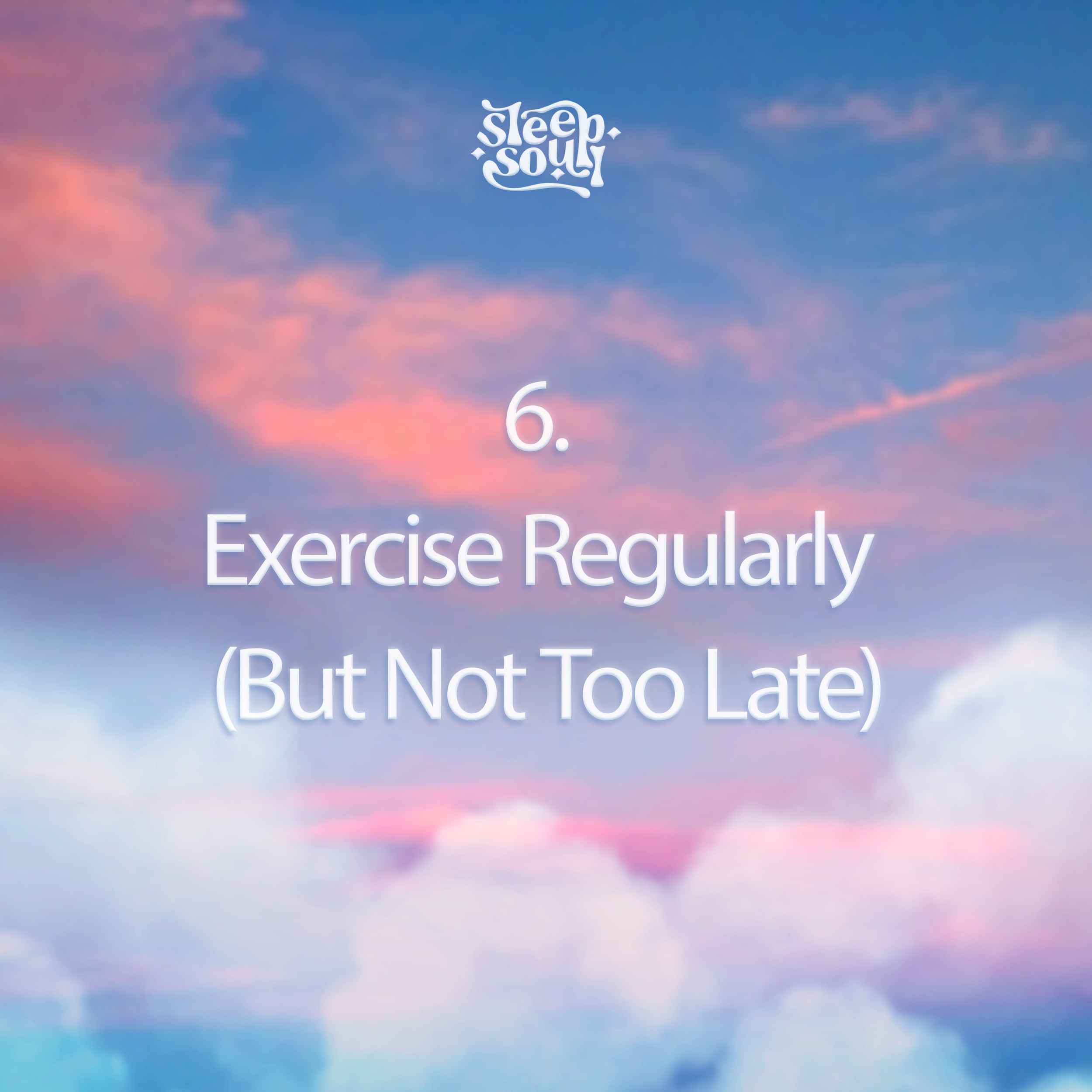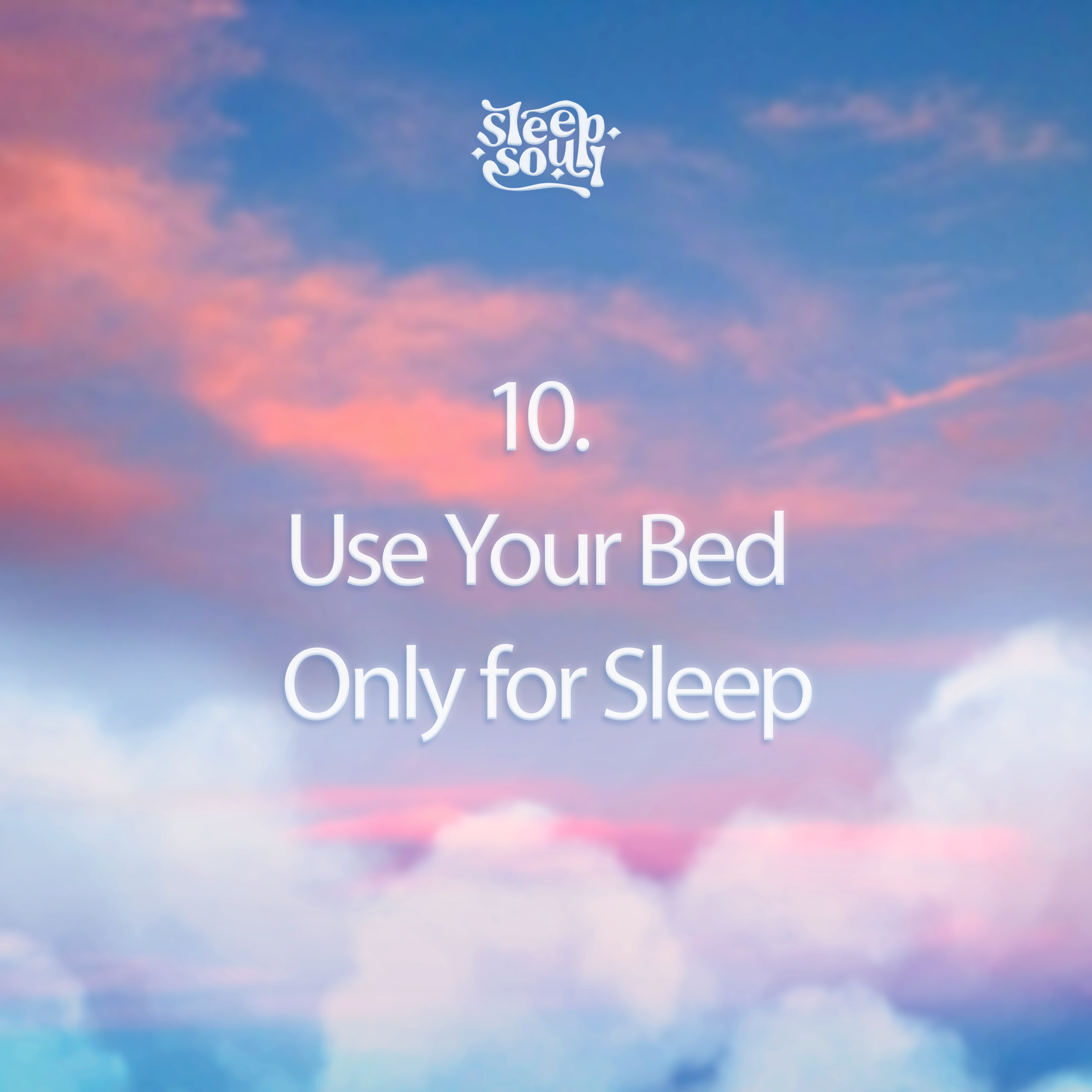10 Proven Sleep Hygiene Tips for a Restful Night
Discover 10 effective sleep hygiene tips to improve your nightly rest. Learn how to create healthy sleep habits, set a bedtime routine, and wake up refreshed every morning.
Introduction
Good sleep hygiene is the foundation of healthy sleep. In a world where stress, screens, and late-night habits often interfere with rest, learning the best sleep practices is essential. Sleep hygiene tips can help you fall asleep faster, improve sleep quality, and wake up with more energy and focus. Below are ten expert-backed strategies for building healthy sleep habits that support both your brain and body.
1. Stick to a Consistent Sleep Schedule
Your body’s circadian rhythm thrives on consistency. Going to bed and waking up at the same time every day helps regulate your internal clock, making it easier to fall asleep naturally.
Try to maintain your schedule on weekends.
Avoid late-night disruptions that throw off your sleep pattern.
2. Create a Relaxing Bedtime Routine
A pre-sleep ritual signals your body to wind down.
Examples: reading a book, listening to calming music, light stretching.
Avoid stimulating activities like work or screen time.
3. Optimize Your Sleep Environment
Your bedroom plays a major role in sleep quality.
Keep the room dark, cool, and quiet.
Invest in comfortable bedding and pillows.
Use blackout curtains and a white noise machine if needed.
4. Limit Blue Light Exposure Before Bed
Screens emit blue light, which suppresses melatonin production.
Avoid phones, tablets, and laptops at least 1 hour before bed.
Use blue-light blocking glasses if you must work late.
5. Avoid Stimulants Late in the Day
Caffeine, nicotine, and even sugar can keep you awake.
Stop drinking coffee after 2 p.m.
Replace evening drinks with herbal teas like chamomile.
6. Exercise Regularly (But Not Too Late)
Physical activity promotes better sleep, but timing matters.
Aim for 30 minutes of movement during the day.
Avoid intense workouts right before bed, as they raise body temperature.
7. Watch Your Eating Habits
Heavy or spicy meals before bedtime can disrupt sleep.
Eat dinner at least 2–3 hours before bed.
Opt for light snacks like bananas or almonds if you’re hungry.
8. Manage Stress and Anxiety
Stress and sleep are deeply connected.
Practice relaxation techniques like meditation, deep breathing, or journaling.
Consider mindfulness to calm a racing mind.
9. Keep Naps Short and Strategic
While power naps are beneficial, long naps may interfere with night sleep.
Limit naps to 20–30 minutes.
Best taken in the early afternoon.
10. Use Your Bed Only for Sleep
Train your brain to associate bed with rest.
Avoid working, scrolling, or watching TV in bed.
This strengthens your mental connection between bed and sleep.
Conclusion
Healthy sleep hygiene is more than a bedtime checklist—it’s a long-term lifestyle. By creating a consistent routine, managing your environment, and practicing mindful habits, you’ll build the foundation for deep, restorative sleep. Better sleep means better health, sharper focus, and improved well-being every day.











